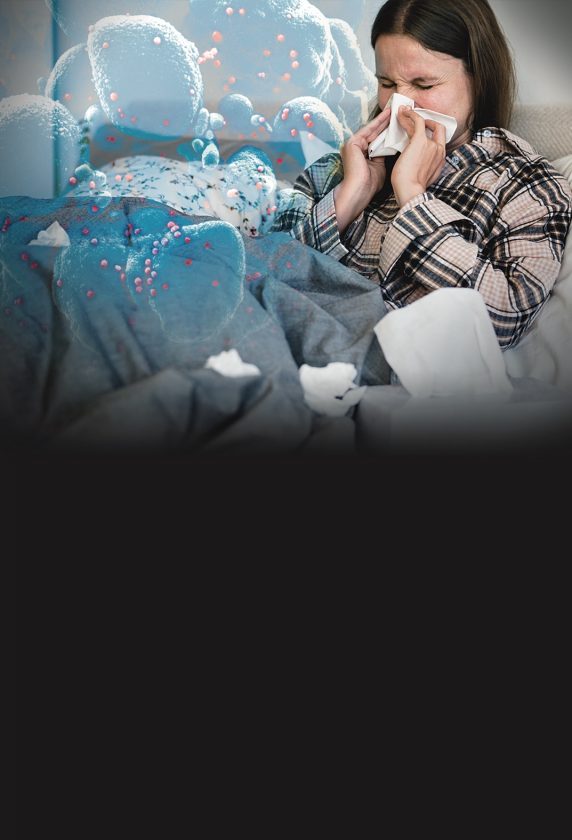Doctors push preventative care for flu season

To reduce the spread of COVID-19 and influenza, doctors with UPMC said Tuesday in a conference with reporters the best methods would be to continue to wear facial coverings, social distance, wash hands or sanitize them and avoid large crowds, especially indoors.
“This is the current vaccine whether you are young or old,” said Dr. David A. Nace, chief medical officer, UPMC senior communications at Pittsburgh holding a face mask in a virtual news conference from Pittsburgh and representing the entire health care network.
Dr. Donald Yealy, senior medical director and chair of the Department of Emergency Medicine, UPMC, and University of Pittsburgh and Dr. Graham Snyder, medical director of Infection Prevention and Hospital Epidemiology also implored individuals to take precaution as the diseases, both of which claim lives, exist simultaneously, without a cure for either.
For those who complain they can’t breathe or there is evidence a lack of oxygen occurs while wearing a mask, there is no valid claim that does take place, according to Yealy.
“No virologic or epidemiological evidence exists of the brain losing oxygen from wearing a mask,” Yealy said. Individuals may be “uncomfortable with a mask,” he said, but that is not the same as experiencing a physical issue wearing it. Few individuals have such problems with being unable to wear a mask, he said.
“The answer is not to skip the mask,” Yealy said.
Snyder said the doctors will follow science and will remain transparent about decisions and the advice they give based on proven clinical data.
“We base our decisions on facts, science and clinical experience,” Snyder said.
As the weeks progress, UPMC’s priority will be to test for symptomatic individuals, whether they be health care workers or patients, Snyder said.
“Anyone with symptoms should get tested for COVID-19,” he said. The main symptoms include a sudden onset of fever, dry cough and aches and headache.
Some good news has appeared from nations in the southern hemisphere of the world. Those that have gone through a cold and flu season have experienced lower numbers of colds and influenza.
The doctors theorize that may be due to preventative measures taken to reduce COVID-19.




